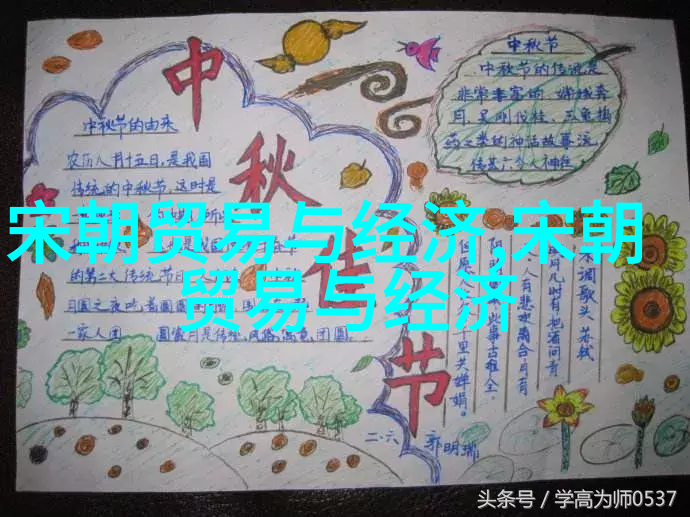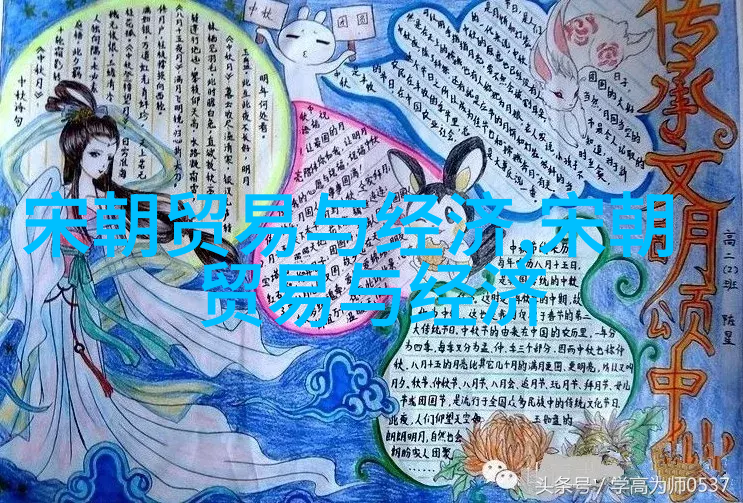春秋时期的建立时间创建者及都城概述中国历史上的分期制度
何时春秋?

在中国悠久的历史长河中,史学家们将古代社会划分为不同的朝代,每个朝代又可以进一步细分为不同的时期。春秋是中国历史上一个非常重要的时期,它标志着周朝初年的政治格局发生了重大变化,从而开启了战国时代的序幕。那么,春秋时期具体是什么时候成立的呢?
谁是春秋的建立人?

在讨论 春秋 时期之前,我们首先需要了解这个时段所对应的人物和事件。在公元前771年,周王室遭受了严重打击,一场灭族的大乱导致周幽王被杀害,其子平王逃往洛阳。此后,由于权力斗争激烈,不断出现诸侯间互相攻伐的情况,这种情况持续到了公元前476年,当年的晋文公开始采取了一系列措施来稳定国家,逐渐形成了一套中央集权制度。这一系列改革和政策,最终奠定了春秋战国七雄之基础。
都城是怎样的存在?

随着各诸侯国之间不断扩张领土和实力的差距加剧,他们为了巩固统治地位,便开始建设或改建都城,以展示其强大的军事力量并加强对地方地区控制。这些城市不仅仅是一些临时性的驻扎点,而是经过精心规划设计,并配备有完善的防御设施,如长墙、壕沟等。例如,齐国建造的大街、小街、高门低楼,以及楚国兴建的一带山川环绕都是当时最具代表性的都城之一。
如何评价这一时期?

从历史发展角度看,春秋是一个充满变革与动荡但又富有创造力的时代。在这一期间,不仅出现了许多杰出的政治家和思想家,如孔子、孟子等,还涌现出了大量文学作品,如《诗经》、《书经》等,为后世留下了宝贵文化遗产。此外,这个时代也是科技进步较快的时候,比如铁器得以普及,使得武器装备更加先进。
该如何理解这段时间内的人物形象?

在整个春秋战国七雄中,每个国家都培养出了一批优秀领导者,他们通过智谋、勇气以及其他各种手段来维护自己的政权。但也正是在这个过程中,因功臣夺权或亲疏故怨导致诸多君主被废黜或遇刺身亡。这一阶段,也展现出一种残酷无情的手法,用以确保自己能够掌握更大的政治版图。
总结:探寻这段复杂年代背后的意义!
总结来说,在深入探究 春 秋 的建立时间、创建者及其所在地——都会城之后,我们可以看到这一阶段对于中华民族乃至世界文化产生深远影响。这不仅仅是一次简单的地理位置改变,更是一次从封建割据向中央集权转型,同时也是思想文化交流与融合的一个重要节点。在这里,我们不禁要思考,那些曾经占据霸主地位的人们,是怎样一步步走到今天我们面前的呢?
Spring and Autumn Period, established in 771 BCE and lasted until 476 BCE, is a significant era in Chinese history. It marks the beginning of the end of the Zhou Dynasty's centralized rule and the rise of regional states during the Warring States period. This period saw many influential political leaders, thinkers, literary works emerge, laying a solid foundation for future generations.
The establishment of Spring and Autumn can be traced back to when King You was killed by his own minister Bi Gan around 771 BCE. The king's son Ping Wang escaped to Lu State (modern-day Shandong Province), marking the end of Western Zhou Dynasty's central rule. As various states began to expand their territories through wars or diplomacy, they started constructing or renovating cities as symbols of their power.
Cities during this time were not just temporary settlements but rather well-planned urban centers with advanced defensive structures such as walls and moats. For instance, Qi State built grand streets, small streets, high gates low towers while Chu State constructed its capital encircled by mountains and rivers.
In terms of cultural achievements during this era include great philosophers like Confucius who founded Confucianism; Mencius who further developed Confucianism; Laozi who founded Taoism; Mozi who introduced Mohism; Zhuangzi who wrote Zhuangzi (a classic work on Taoist thought); Sima Qian who compiled Records Of The Grand Historian (the first comprehensive historical record) etc.
It is worth noting that although this period had some positive aspects such as promoting philosophy culture art science technology it was also marked by constant warfare amongst different states which led to great suffering for common people.



